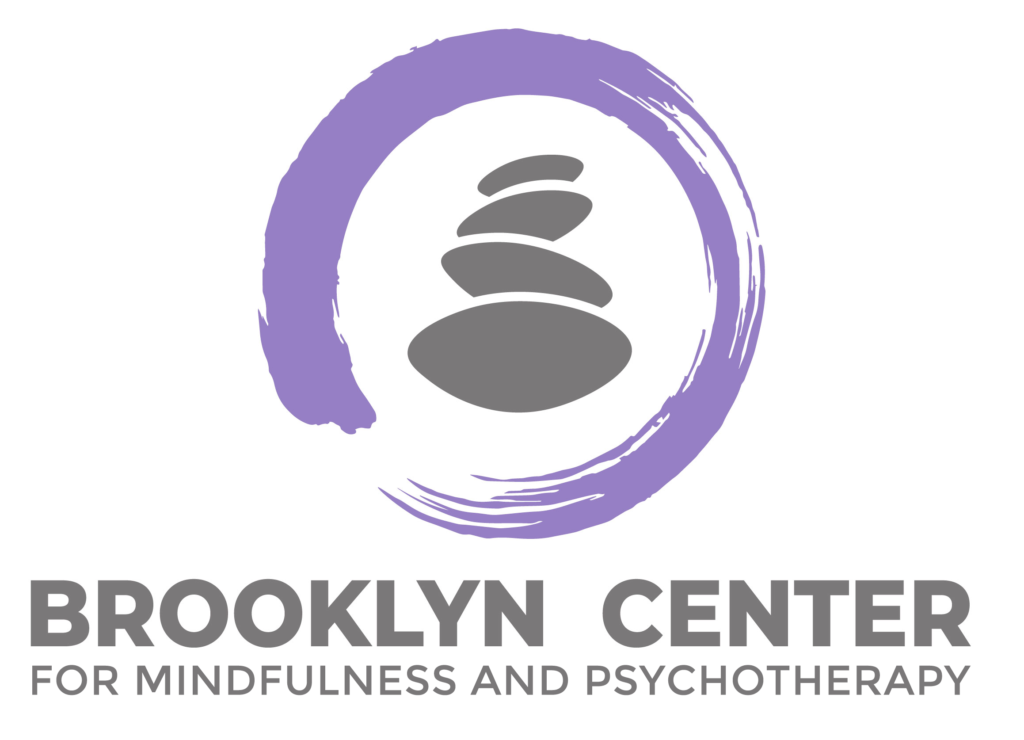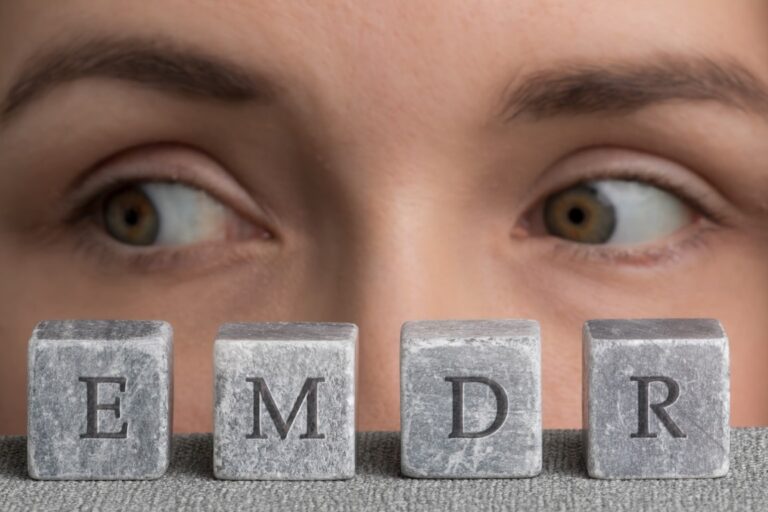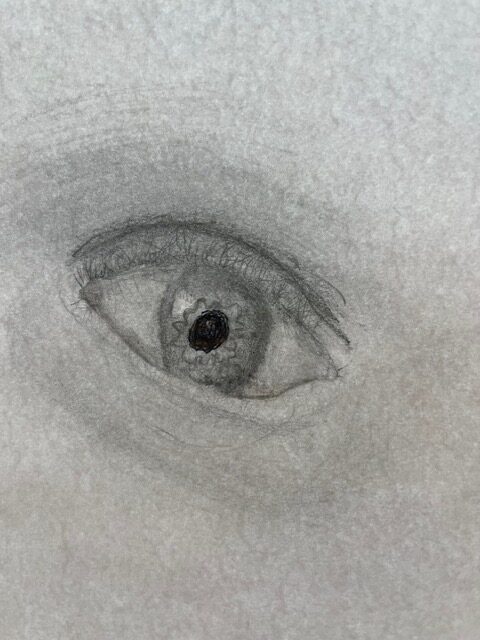There’s no one-size-fits-all answer to depression, as the best treatment depends on the individual and their specific symptoms. However, many people find relief from depression through cognitive behavioral therapy (CBT), electroconvulsive therapy (ECT), interpersonal therapy, anti-depressants, talk therapy, and medications. If you’re struggling with depression, it can be beneficial to talk to a mental health professional about your options.
Cognitive Behavioral Therapy (CBT)
Cognitive Behavioral Therapy (CBT) is one of the most commonly used treatments for depression, and good reason. It focuses on changing how you think about your symptoms and helps identify and challenge negative thoughts, attitudes, and behaviors. CBT typically lasts between 10-12 sessions and is usually recommended as an initial step in treatment. However, there are many other treatments available for depression, and it is up to you to find the right one for you. CBT should be at the top of your list if you’re looking for a therapy that is effective and commonly used.
CBT aims to identify negative thought patterns and replace them with more positive ones. This process is often started by identifying what triggers your anxiety or depression, then developing strategies to avoid those situations or engage in corrective actions if they do occur. Cognitive Behavioral Therapy has been proven effective in treating a wide range of issues across numerous genres of therapies – which means it’s likely to be most effective when combined with an integrated approach tailored specifically for you!

Electroconvulsive Therapy (ECT)
Fortunately, there is a therapy called electroconvulsive therapy (ECT), which is a form of psychiatric therapy that uses electrical currents to treat depression. ECT is usually quite effective and can be the first step on the antidepressant medication path. The treatment usually takes about 60 minutes and is done in a hospital setting. Side effects from ECT are minimal, but they can include memory loss, confusion, headaches, and anxiety disorders. If you or a loved one is struggling with depression, please don’t hesitate to seek help. Many Cognitive-Behavioral Therapists (CBT) can help you get the treatment you need.
ECT is a therapy that uses electric currents to treat mental health conditions. ECT was first developed in the early 1900s and has been used extensively over the years for various purposes, including treating depression, bipolar disorder, psychosis, and anxiety disorders. There are several types of ECT: general anesthesia (GA), deep brain stimulation (DBS), Repetitive transcranial magnetic stimulation (RTMS), and direct current electrical nerve stimulation (DCENS).
Interpersonal therapy
One of the best treatments for depression is interpersonal therapy. This type of therapy focuses on the relationships we have with others. The therapist will help you explore your problems in these relationships and help you improve them. Treatment typically takes about 20 sessions over eight weeks. If you’re struggling with depression, don’t hesitate to seek help. A therapist can help you get on the right track and restore your mental health.
Interpersonal therapy is a mental health treatment that helps people manage relationships. It can be helpful for individuals who struggle with interpersonal problems, such as anxiety, depression, and stress. Treatments typically teach the individual how to improve communication skills and resolve conflicts peacefully. Interpersonal therapy may be a good fit for you if you’re feeling down, lonely, or just need someone to talk to. Interpersonal therapy is a type of counseling that helps people work through their relationships with others. It can help improve communication skills, build empathy and compassion towards others, and resolve conflicts peacefully.

Anti-Depressants
Some of the most common medications used to treat depression are anti-depressants. Anti-depressants relieve symptoms of depression, such as anxiety, sadness, and cognitive issues. Finding a medication that is well-suited to your individual needs is important. You must consider your medical history, mental health symptoms, and other factors. Additionally, antidepressant medications can be habit-forming, so monitoring your feelings is essential after starting treatment. If you experience any side effects while taking antidepressant medication, speak to your doctor immediately.
Anti-depressants work by reducing the levels of serotonin in the brain. Serotonin is responsible for regulating moods and feelings of happiness and well-being. When serotonin levels are elevated, it leads to an increase in positive emotions like joyfulness and satisfaction. Anti-depressants work by lowering these serotonin levels to baseline or below – which helps regulate mood swings and depressive symptoms. There are a variety of reasons why someone might choose to take anti-depressants. Some people feel that the drugs provide short-term relief from symptoms, while others hope that they will be able to eventually stop taking them entirely and live without the side effects. However, before deciding whether or not to take anti-depressants, it is important to understand their potential side effects and risks.
Talk therapy
Talk therapy is a form of counseling that uses conversation to help improve mental health. While it isn’t always practical, talk therapy may be the best option if you’re struggling with depression. There are many types of talk therapy, including cognitive behavioral therapy (CBT) and mindfulness training. CBT is a talk therapy that focuses on changing negative thoughts and behaviors. Mindfulness training involves focusing on the present moment and paying attention to your thoughts and feelings. Both of these therapies can be very helpful in treating depression and can be effective in shortening the duration of depressive symptoms. If talk therapy is right for you, be brave and seek help. It could be the best decision you ever make.
Talk therapy is an effective treatment for a variety of mental health issues. This therapy typically involves one-on-one conversations between the therapist and the patient. One study found that talk therapy was more effective than medication in treating anxiety and depression and helping patients regulate their emotions. Another study showed that talk therapy was equally or more effective than antidepressants in the short term (6 months) but less over a long time (2 years).

Medications
Many different medications are available to treat depression, but it’s important to find the right one for you. Some people may experience side effects, while others don’t have any at all. Speaking with your doctor about the best medication for treating your symptoms is also important. Keep track of the medication dosage, so you don’t miss any doses, and if it’s been more than two weeks since you last took your antidepressant medication, check with your doctor to see if it’s time for a new prescription renewal cycle. With the proper treatment, you can get your life back on track and feel happier and more confident.
There are a number of medications out there that can affect your mood and mental well-being. If you’re struggling to cope with these drugs’ effects on your daily life, it may be time to see a doctor.
There are a number of medications that people take daily. Some of these medications may be prescribed by a doctor, while others can be purchased over the counter. Many people are familiar with medications to treat common health problems. However, few know about the many drugs that are used for cosmetic purposes.
Conclusion
Depression is a mental disorder that can severely affect a person’s life. While there is no one-size-fits-all solution to treating depression, various treatments are available that can help improve a person’s mood and quality of life. For example, cognitive behavioral therapy (CBT) is a widely used therapy that helps people change their thoughts and behaviors related to their depression. Other treatments, such as electroconvulsive therapy (ECT) and interpersonal therapy, can also treat depression. If you are seeking help for depression, talk to your doctor about the different treatments available and choose the best one for you.
At Brooklyn Center for Mindfulness and Psychotherapy, we offer a number of treatments designed to help people improve their mental health. Suppose you’re struggling with anxiety or depression. In New York City, we can provide you with the psychological treatment that is best suited for you.




